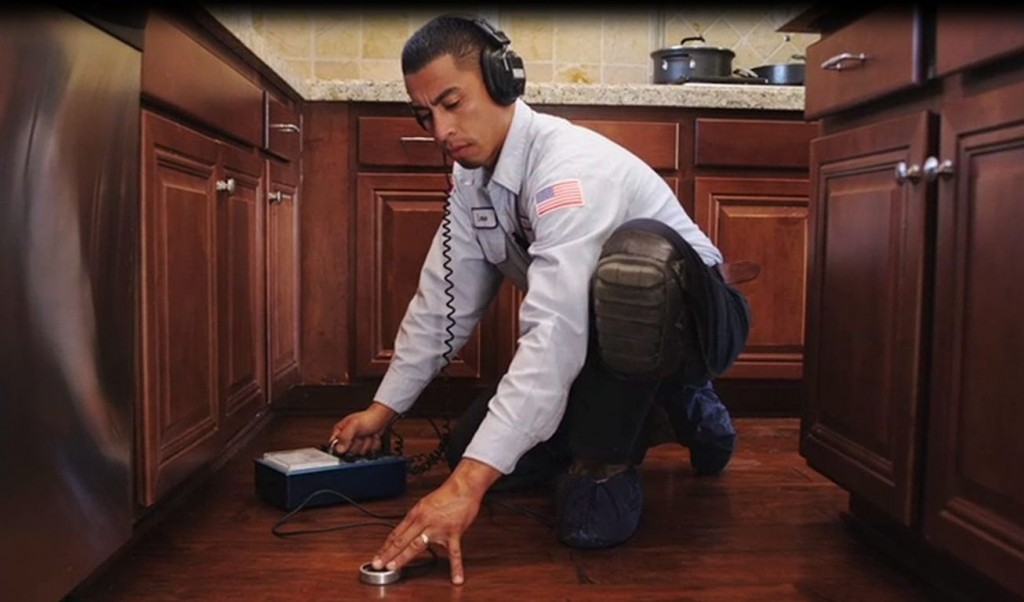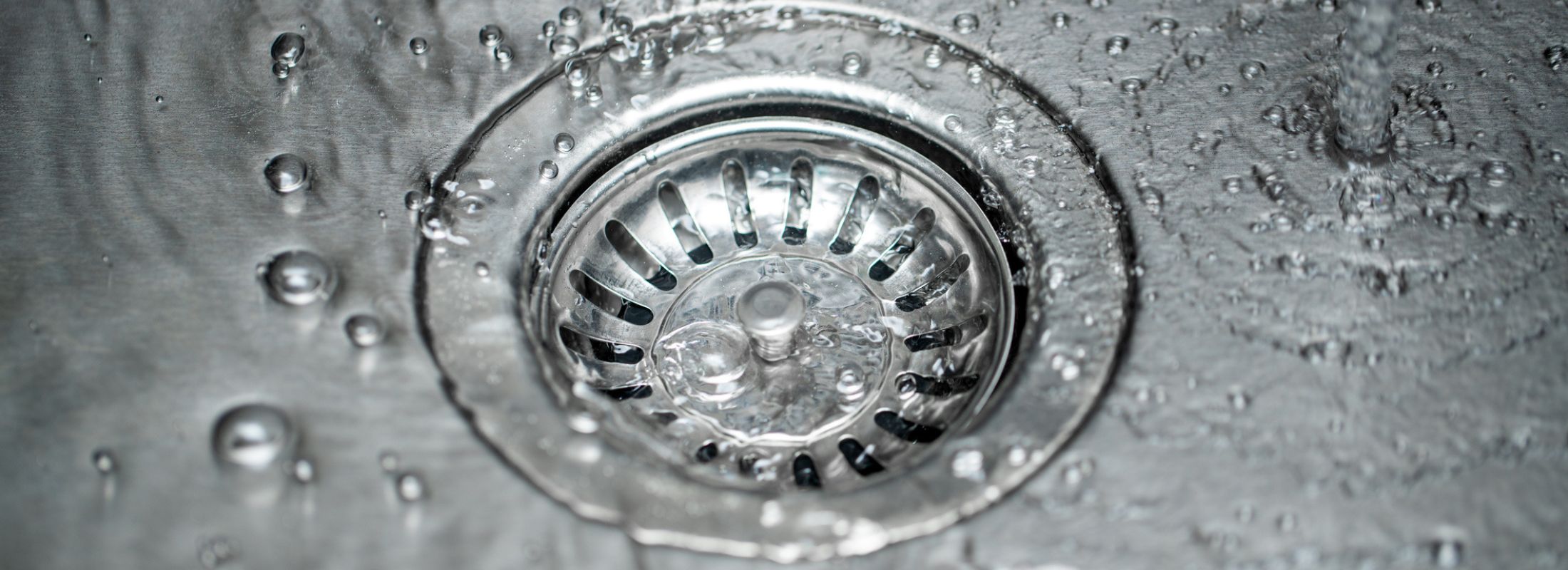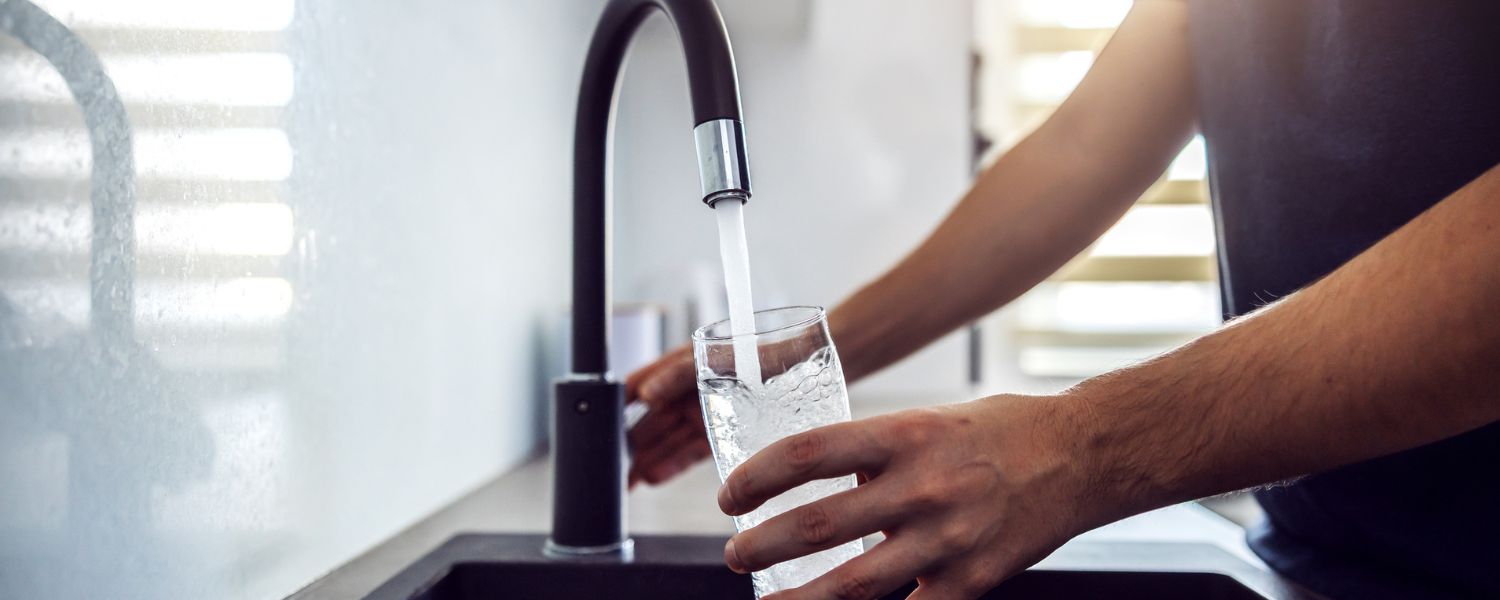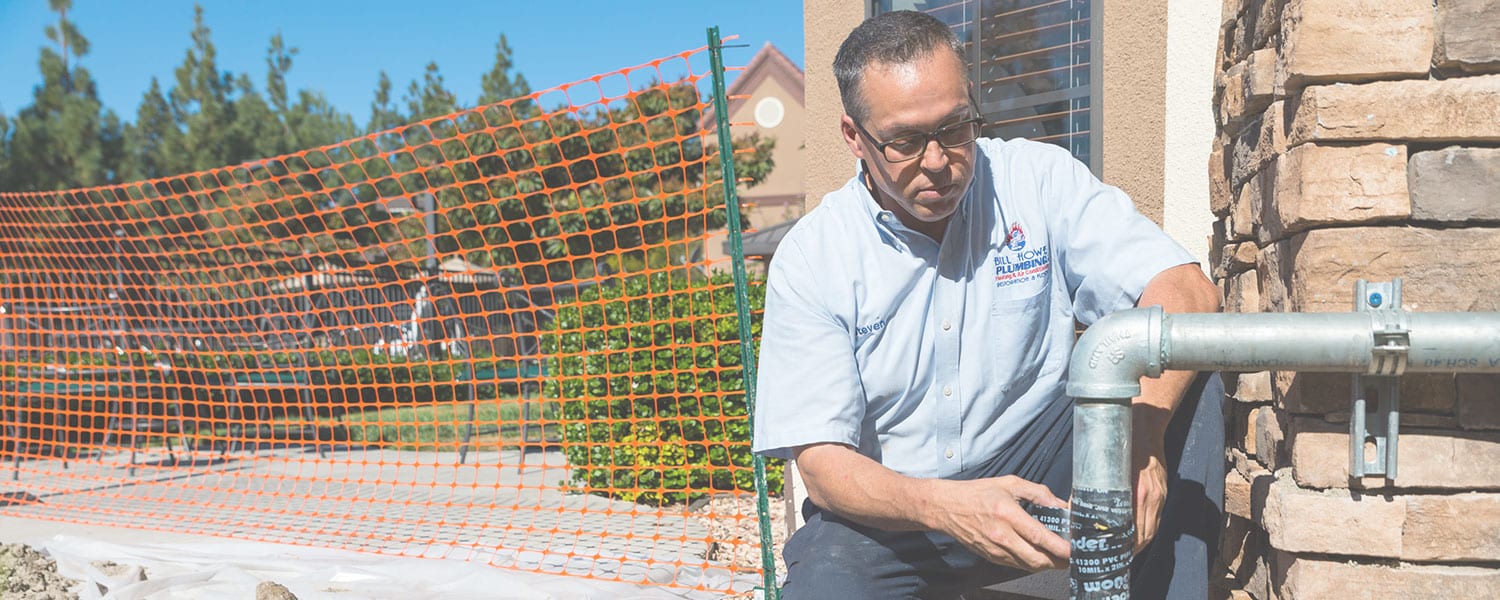Bill Howe Plumbing slab leak locator, Luis Mascareno tells us what his customers ask most often when they’re dealing with a slab leak:
Q: How long have you been specialized in slab leak location and repair?
A: I started with Bill Howe Plumbing about 11 years ago and I’ve focused on slab leak location and repair for the past seven years.
Q: Are you able to tell the cause of a customer’s slab leak?
A: Most slab leaks happen because of the age of the homes. On average, homes that are 25 years old or older are more likely to have a slab leak than newer homes. I tend to get called out to the older areas of San Diego most often.
Q: In your experience do insurance companies tend to cover the cost associated with the slab leak?
A: I get this question more than any other: it really all depends on your insurance company and the type of coverage you have. But in my experience, insurance companies typically cover the cost of the slab leak location (service to accurately identify where pipe under slab is leaking) and the cost to repair any damage the leak may have caused (in most cases, repair to drywall and/or flooring). Since I do this so often, I am used to working with the insurance companies to get them all of the information they need in order to determine what they can cover. Customers like that we can take care of the leak right away and work with the insurance company while we’re doing it to take that burden off of their shoulders.
Q: What are the different types of repair options for slab leaks and what are the benefits to each?
A: For residential properties the most common solution is a reroute and for commercial properties the most common solution is a direct repair. A direct repair is when we jackhammer into the floor to expose the pipe and a reroute is when we cancel the line and re-direct the line overhead. Typically residential property homeowners don’t want to ruin their flooring so a reroute is a cost effective and non-invasive solution. Every situation is different and I make sure to talk with my customers to make sure we determine the best fit for them, whether that’s a cost-effective solution or the most long-term solution like a repipe which is when we reroute all of the water lines under the slab.
Q: Take us through the leak location process.
A: One a hot water slab leak it’s easier to locate the leak because of the hot spots. Cold water slab leaks require an analysis of the home to check each fixture by pressurizing the line with a pressure gauge on one of the hose bibs to see if the gage level drops. Once it’s determined it’s a cold water slab leak, I use an electronic sound devise that allows me to hear and pinpoint leaks under a concrete slab. The location process usually takes between one and two hours. An experienced slab leak locator will be able to precisely locate the leak in most cases. There are situations that can hinder an exact location (i.e. leaks under shower pans and cabinets), however a leak location can still be performed successfully.
Q: What do you like most about working on slab leaks?
A: I like that slab leak jobs are challenging. I feel my experience in slab leak repair has brought me from a good plumber to an excellent plumber. You need to have knowledge and experience to do this type of work well. I also like the gratitude customers have when the work is done.
If you’d have a question for one of our experts for the next Q&A, let us know in the comments!





